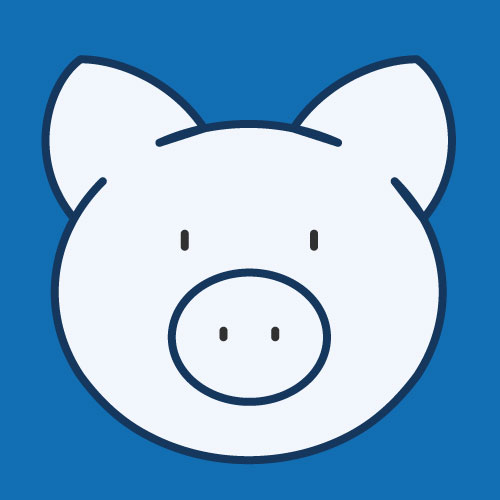ABSTRACT: SWAP (Sow Welfare And Piglet Protection) / Temporary Confinement
Type and Average of Pigs on the Farm
Sows: 1,350
Weaners: 46,000
Grower-finishers: 21,000

Farming System
Intensive production system
Description and Evaluation of the Good Practice
In 2013, the farmer installed pens for loose farrowing sows. Due to unsatisfactory piglet survival rates, temporary confinement (TC) was introduced for the first few days post-farrowing. The system uses the front of the creep area to restrict sow movement temporarily. Initial designs were modified to ensure piglets had sufficient access to the udder. TC is expected to reduce piglet mortality by 2–3 percentage points and improve safety for stockpeople. The practice has been adopted by other herds and is planned to continue for 3–4 days post-farrowing.
Farm Context
• Sows:
- Pens: 348 with temporary confinement
- Confinement: 1–3 days before and 4 days after farrowing
- Nesting material: Straw provided 3–5 days before farrowing
- Social contact: Snout contact with neighboring sows
- Genetics: DanBred
• Piglets:
- Creep area: 1.5 m² with floor heating and heat lamps
- Protection: Rails; no farrowing rings or MamaGuide
- Feeding: No separate piglet feeding system
• Caretakers:
- Piglets are handled in front of the sow
- No castration or tooth clipping; tail docking and iron injection performed
- Sows are injected while loose; stressful situations are acknowledged but no specific mitigation methods used
- Pens are not cleaned regularly due to time constraints
Economic Analysis
- Cost per pen: €160 (one-sided) or €335 (two-sided)
- Depreciation over 15 years with 10 sows per pen per year results in €1–2 per sow
- Benefit: Reduced piglet mortality by 0.7–1 piglet per litter (value of 7 kg weaner: €34)
- Time savings during piglet processing due to improved safety
Environmental Analysis
Temporary confinement may increase emissions due to changes in sow dunging behavior. When confined, sows dung in one area; when loose, they dung in another. This may necessitate fully slatted pens, which can increase emissions.
Replicable Benefits and Relevance for Other EU Countries
The practice is relevant across the EU due to its impact on piglet survival, animal welfare, and farm economics. It is scalable and widely used in Denmark. Implementation is easier in new constructions and should be considered during initial pen design.

